National Anthem of South Korea: Aegukga
(Turn on Youtube subtitles for English subtitles)
"Aegukga" (애국가), often translated as "The Patriotic Song", is the national anthem of South Korea. It was adopted in 1948, the year the country was founded. Its music was composed in the 1930s and arranged most recently in 2018; its lyrics date back to the 1890s. The lyrics of "Aegukga" were originally set to the music of the Scottish song "Auld Lang Syne" before Ahn Eak-tai composed a unique melody specifically for it in 1936. Before the founding of South Korea, the song's lyrics, set to the music of "Auld Lang Syne", was sung, as well as during Korea under Japanese rule by dissidents.
"Aegukga" has four verses, but on most occasions only the first one, followed by the chorus, is sung when performed publicly at events such as baseball games and soccer matches.
FRANÇAIS: Aegukga (애국가) est l'hymne national de la Corée du Sud.
Le titre signifie littéralement « Chanson de l'amour pour le pays ». Les paroles ont été écrites vers la fin du xixe siècle par Yun Chi-ho, un politicien, ou par An Chang-ho, un leader indépendantiste. Au début, Aegukga a été chantée sur l'air populaire écossais Auld Lang Syne. Pendant le règne colonial japonais (1910-1945), la chanson a été interdite, mais les Coréens d'outre-mer continuèrent à la chanter, exprimant leur désir d'indépendance nationale.
한국어: 애국가(愛國歌)는 대한민국의 국가이다. 1919년 안창호에 의해 대한민국 임시 정부에서 스코틀랜드 민요인 〈올드 랭 사인〉에 삽입해서 부르기 시작하다가 1935년 한국의 작곡가 안익태가 지은 《한국환상곡》에 가사를 삽입해서 현재까지 부르고 있다.
가사의 작사자는 윤치호 설, 안창호 설, 윤치호와 최병헌 합작설 등이 있다. 윤치호의 작사설 때문에 대한민국 임시 정부에서는 애국가를 바꾸려 하였으나 대한민국 임시 정부 주석 김구의 변호로 계속 애국가로 채택하게 되었다. 이후 1948년의 정부 수립 이후 국가로 사용되어 왔으며, 2010년 국민의례규정에서 국민의례시 애국가를 부르거나 연주하도록 함으로써 국가로서의 역할을 간접적으로 규정하고 있다.









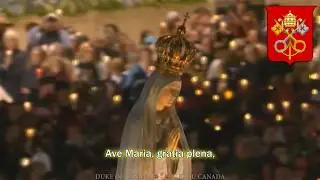

![National and Royal Anthem of Denmark: Kong Christian stod ved højen mast [Remastered]](https://images.videosashka.com/watch/mJtgNQUVrZo)
![National Anthem of French-Canada [Retro version]: Ô Canada (two verses)](https://images.videosashka.com/watch/698UC_bZxj8)

![National Anthem of Spain: Marcha Real [Remastered - Instrumental]](https://images.videosashka.com/watch/jADmmq27E00)



![National Anthem of the Soviet Union: State Anthem of the USSR [1st verse]](https://images.videosashka.com/watch/qc4Ao5E1iGU)


![British Patriotic Song: Soldiers of the King [Coronation Special]](https://images.videosashka.com/watch/jGEKQNYWjfQ)
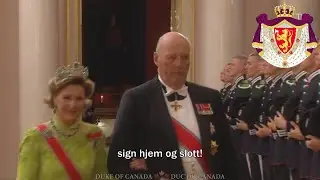
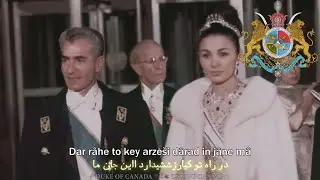
![Greek Monarchist Song: Come Back [Tribute to Constantine II]](https://images.videosashka.com/watch/Ymi18LMGsPw)
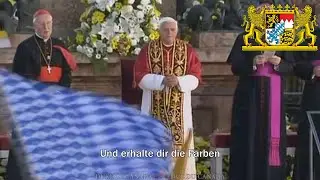
![British Patriotic Song: Soldiers of the Queen [100k Subscriber Special]](https://images.videosashka.com/watch/yW3Bcg5VHO0)
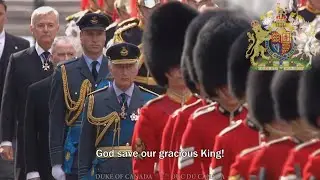
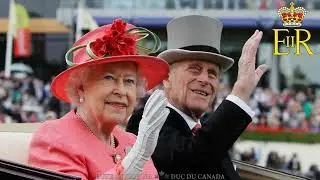
![National Anthem of the Empire of Brazil: Hino da Independência [Remastered]](https://images.videosashka.com/watch/OnyvSDmNAfs)
![National Anthem of Hungary: Himnusz [Remastered]](https://images.videosashka.com/watch/UotAvuSyMRQ)
